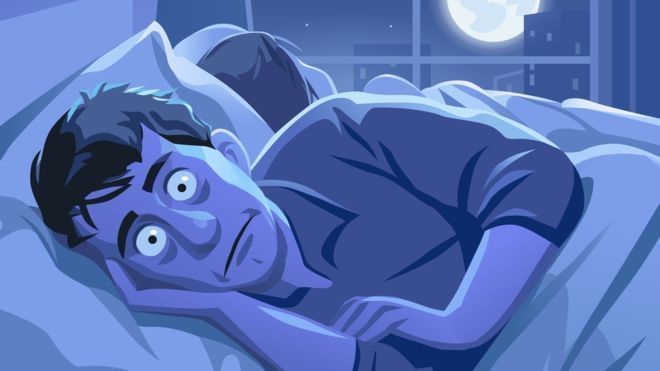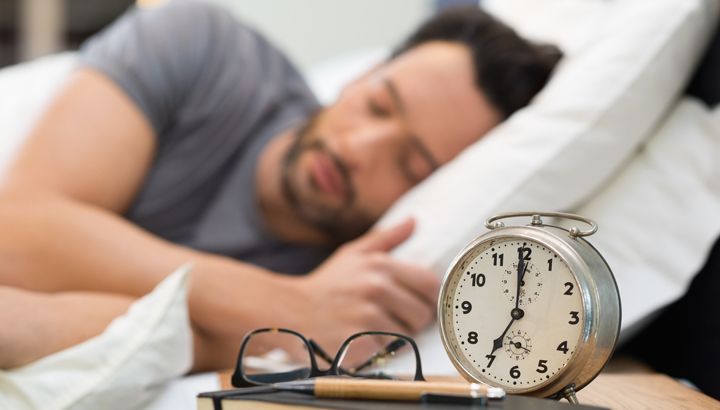Even worse, you might find scary information claiming that if you're not sleeping right, your life is going to be shorter. You're going to get all sorts of diseases. One of the biggest worries we have about our sleep is that we're not getting enough. And that anything less than seven hours a night means that we're doomed to bad health. Everything from high blood pressure to bad some sort of ill health or the other.
But there are two flaws with this kind of information. The first flaw is that it's not completely accurate. Seven to eight hours of sleep, while recommended for adults, is just an average. It's true that not getting enough sleep in the long term is associated with health problems, like cardiovascular disease, diabetes, and depression. But fixating solely on seven to eight hours ignores the fact that there's a range of sleep that people need.
The duration of a good night's sleep can be different for different people. Some adults need eight, but some are just fine on six. The second flaw with this kind theory is that it can be counterproductive, especially for people who do have trouble sleeping.

Source
It's fascinating to see how much sleep you've gotten each night, and to know what part of your night was spent in deep sleep or dreaming.
But having all of that sleep data is causing some people to become obsessed with it.
So here's what some experts are saying.
Stop fixating on the number, because that can lead to unrealistic expectations of sleep. The basic questions you should ask yourself are,
do I feel reasonably well rested during the day?
Do I generally sleep through the night without disturbances? Or if I wake, do I fall back asleep easily? Can I stay awake through the day without involuntarily falling asleep? If your answers are yes to all three, you probably don't need to worry about your sleep. And if you're struggling with your sleep, instead of buying expensive blue light filters or fancy sleep trackers, try talking with your doctor to make sure there aren't any medical conditions that need to be explored first.
